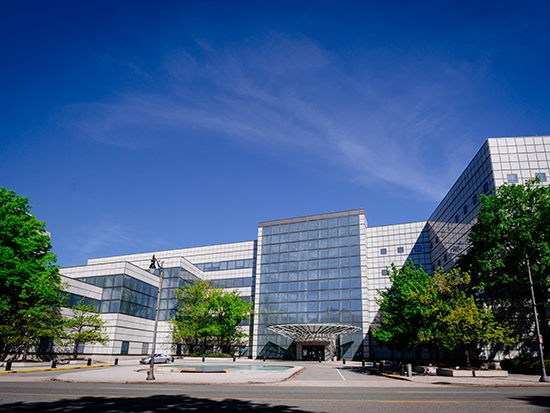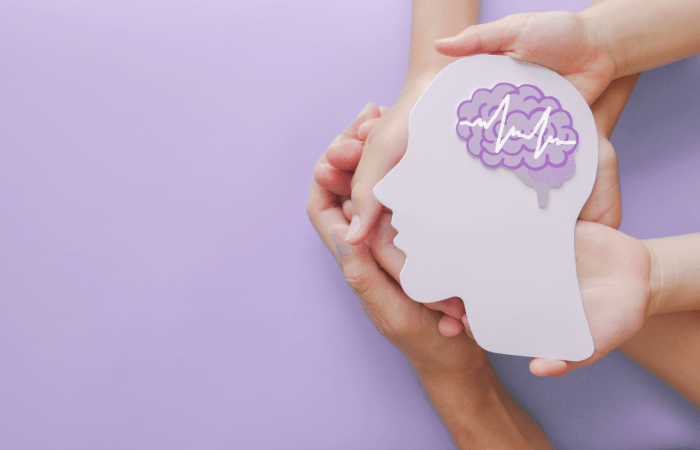Myasthenia gravis is an incurable disease that causes muscles to easily become weak and tired while doing everyday tasks such as eating or walking. Resting helps the muscles regain strength, but the cycle of getting tired and resting gets worse over time. Myasthenia gravis is caused by a breakdown in communication between nerves and muscles. It first affects the muscles that control face, eye and throat muscles, causing eye drooping, double vision, and problems chewing or swallowing. It also can affect other muscles in the body. Women under 40 and men older than 60 are most likely to develop myasthenia gravis, but it can occur at any age.
Nerves normally communicate with muscles by releasing chemicals that fit into muscle cell receptor sites and allow muscles to move. With myasthenia gravis, the immune system produces antibodies that block or destroy those receptor sites. The disease can be managed through medication that improves the nerve-to-muscle communication or limits antibody production; lifestyle changes; or therapy to filter antibodies from the blood. Sometimes, surgery to remove the thymus gland, which is part of the immune system, may help relieve symptoms. Following a doctor’s treatment plan often allows patients to live a normal life.
During the past 40 years, the UAB Neuromuscular Disease Service has grown into an internationally recognized center for clinical care, diagnostic clinical neurophysiology, and diagnostic muscle and nerve histopathology. As the only dedicated tertiary care neuromuscular center in Alabama, our board-certified neurologists with subspecialty expertise provide comprehensive care with the most current medical techniques for a broad array of diseases and conditions.
Thanks to UAB’s strong clinical and basic research programs, you can be assured that we remain at the pioneering edge of medical discoveries, which could lead to opportunities for you to participate in studies and receive medications and treatments not available at most other health care centers.
We excel at the diagnosis and treatment of neuromuscular disorders. Our specialists have authored major textbooks on electromyography and evoked potential. Moreover, our dedicated diagnostic laboratory and biopsy suite helps ensure the most comprehensive assessment and pathologic diagnosis of peripheral nervous system disorders in the Southeast.
Care Providers
Resources
Related Specialties
Clinical Trials
Speak to your physician about your options and browse the link below for more information
Latest News
View All News-
How chronic stress rewires the brain
April 15, 2025
-
$10 million endowment to UAB will support Parkinson’s, Alzheimer’s, Huntington’s and ALS research and education
April 14, 2025
-
UAB eMedicine launches Online Second Opinion service
March 31, 2025
-
NARSAD award will allow rare glimpse into the neural mechanisms of depression
December 19, 2024
-
UAB adds new MEG technology to enhance research and clinical care for epilepsy and other brain diseases
November 21, 2024





